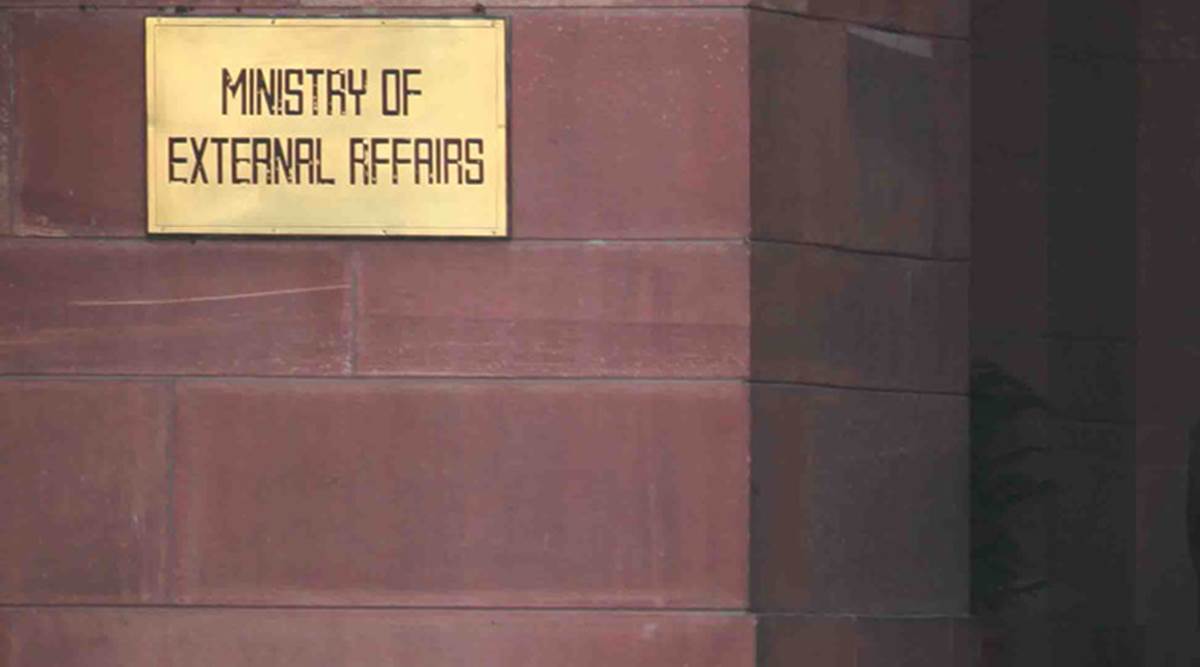- Origin widely thought to have started in one-off 1980 match
- However, that’s only part of the story behind its beginnings
- Pioneers of concept will be honoured at MCG on Wednesday
For many years it was widely thought that rugby league’s State of Origin was born in Brisbane when the first match was played in 1980, but arguably the greatest rivalry in Australian sport in fact had its unlikely origins in Papua New Guinea.
In September 1945, at the end of World War II, Australian troops were waiting in Bougainville to return home after Japan’s surrender when the Origin concept was born.
Troops from Queensland and New South Wales – many of them first-grade footballers – decided to select teams for a match based on the players’ birthplace rather than where troops had enlisted or lived.
Two rugby league games were played at Torokina on Bougainville Island, with Queensland winning both.
A trophy was made at the time from a 120mm Japanese naval shell, with the prize being rediscovered at an army museum in Queensland.
At Origin II on Wednesday night, that historic trophy will be displayed at the MCG with the State of Origin shield.
‘There’s always been debate about how State of Origin started and who came up with the concept,’ rugby league historian David Middleton told NRL.com.
‘But we now know through this incredible relic that State of Origin was in the minds of fans and players as long ago as 1945, and that they played after the war ended in Papua New Guinea along Queensland and New South Wales lines.
Historians have revealed that the Origin rivalry in fact had its unlikely origins in two matches in Papua New Guinea at the end of World War Two. Horace Marjoribanks (left) was captain of the NSW team, and his nephew Bob Banks (second from right) was also a very talented footballer

Jack Barnes (pictured holding trophy while being lifted up by two of his teammates) was the captain of the Queensland team

The first official State of Origin match was played in Brisbane in July 1980 (pictured) after decades of Queensland’s best players being forced to play for NSW
‘There was already this incredible rivalry that existed between the states in rugby league, but we didn’t know about the fierceness of that tribalism at the time.’
The children of the NSW captain at the time, Horace Marjoribanks, never knew their late father had skippered the losing side.
‘Dad didn’t mention anything about Bougainville,’ Wayne Marjoribanks told the ABC.
‘I love it. I love the idea that he could’ve been the first NSW captain and his offsider in Queensland [Jack Barnes] would’ve been the first Queensland captain.
‘[Queensland] won in the last minute, which Dad would’ve been fairly peeved-off about. He was very competitive.’


The trophy from the PNG series, made from a 120mm Japanese Naval shell, will be on display at the MCG on Wednesday
John Barnes, the son of the first Queensland captain, said his dad was an avid footy fan and Broncos supporter until he passed away in 2011. All of his descendants are Maroons diehards too.
‘That never changes does it? That’s part of the blood,’ John said.
‘My brother and myself, we both played rugby league, all my grandchildren play rugby league … we’ve all been avid bloody rugby league players for sure.
‘It’s a proud thing for our family that [Dad] was a part of history.’
A match report from the Rockhampton Morning Bulletin published on September 27, 1945, gives a taste of things to come for State of Origin.
‘I have witnessed one of the most spectacular and exciting games of rugby league I have seen,’ wrote Warrant Officer Ron Connor.
‘The spectators swarmed over the field and [try scorer Hec Bradshaw] was carried shoulder high to the dressing shed.’
That 1980 match – won 20-10 by the Maroons – saw Queensland exact revenge after their best players spent decades being forced to play for NSW in interstate clashes.
Prior to the Origin concept getting off the ground, players were selected for teams based on ‘state of residency rules’ – and since Queensland’s top stars usually played for cashed-up Sydney clubs because of the better money on offer, they had to be picked for NSW.





